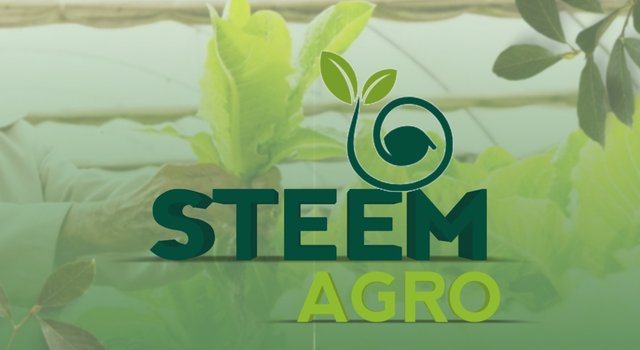Contest| "Living in the Agricultural World #1"
1. We worry that our food would run out before we get replacement. What do you do during this time?
What to Do When Food Runs Low
As food begins to run low, those in Ghana will invariably look for ways of doing something with what is remaining. Foods with simple preparations which are still filling such as *kontomire stew *(cocoyam leaves stew), gari and banku which is fermented corn and cassava paste, are being made. Such meals can also be washed down with whatever is left, more so dried fish, eggs, or some vegetables. These are also strategies utilized by creative people for making more substantial meals until they can go to the market next.
The other form of assistance worth mentioning is that of the community in difficult days. It is well known that in Ghana, the culture of living together is well entrenched. When people face the shortages of food or resources, many neighbors and friends use to share food and ingredients with each other. Sharing in this manner helps to lessen the impact of shortages.

2. Do you have an alternative in supplying food in your house other than buying from the local market?
Exploring Alternative Food Sources
Besides just focusing on the local food market, a good number of Ghanaians have managed to secure their food needs in other ways. One common option is: growing food at home. A good number of households have mini backyard gardens or farms in which they plant crops like maize, cassava, tomatoes and peppers. These staples grown on their homesteads contribute to food security and lessens reliance on the market in terms of price and supply.
For the coastal folks, fishing serves as one of the alternatives. The small fishing families have a meal of fresh fish, some of which may be smoked or dried for future use. This not only provides meals for their families but can also be used for income generation.
Also, there are households which keep chicken or other small animals such as goats. These provide eggs, meat, and milk, and can be sold when in excess as an additional source of income

3. What is the most popular food in your country and how frequent do you consume it?
Popular Dishes in Ghana
In the list of the most liked and frequently consumed plates in Ghana, one can find jollof rice. This tantalizing rice meal made with tomatoes, onions, and seasoning is synonymous with dinner parties, family get-togethers, and even ordinary meals served at home. The people of Ghana are so attached to jollof that it is made almost several times in a month especially over the weekends or for some special events.
Very popular and commonly consumed are other foods such as fufu (prepared from cassava or plantains) and kenkey (which is fermented corn dough). These foods are rich in culture and tradition within the country and are the core of most family meals

4. Have you ever thought of having a mini farm or do you have a mini farm? What types of crops would you plant there and do you think it would be an added advantage to you?
Considering a Mini Farm
The concept of having a small garden inside the house is quite attractive that many individuals in Ghana are buying into it due to the current high prices of food. Now, if I were to create a small garden and vegetable patch, I would cultivate maize, cassava, bananas, tomatoes, and other greens that are important to the Ghanaian everyday diet and are simple to grow.
There would be several advantages in creating a mini farm. It would help in lowering the dependence on the market, cut costs, and make available fruits and vegetables that are fresh and naturally grown. It also gives a sense of food stability since its only possible to eat what one has grown. Any total devoid of use can be given to friends or the community enabling healthy relationship.
In conclusion, while the threat of food scarcity is real, Ghanaians have devised strategies to manage and even avert it. There are many practical methods that can assist develop a sustainable food system at home, starting with meal planning to food cultivation.

Welcome to steem-agro!
MODs Comment/Recommendation:
We appreciate your participation in this contest. Reading you entry made me know some food eaten in your country Ghana, maybe one day I would have opportunity to have a taste.
Remember to always share your post on Twitter using these 3 main tags #steem #steemit $steem

Now you have a reason to visit Ghana. Come for the food, stay for the hospitality